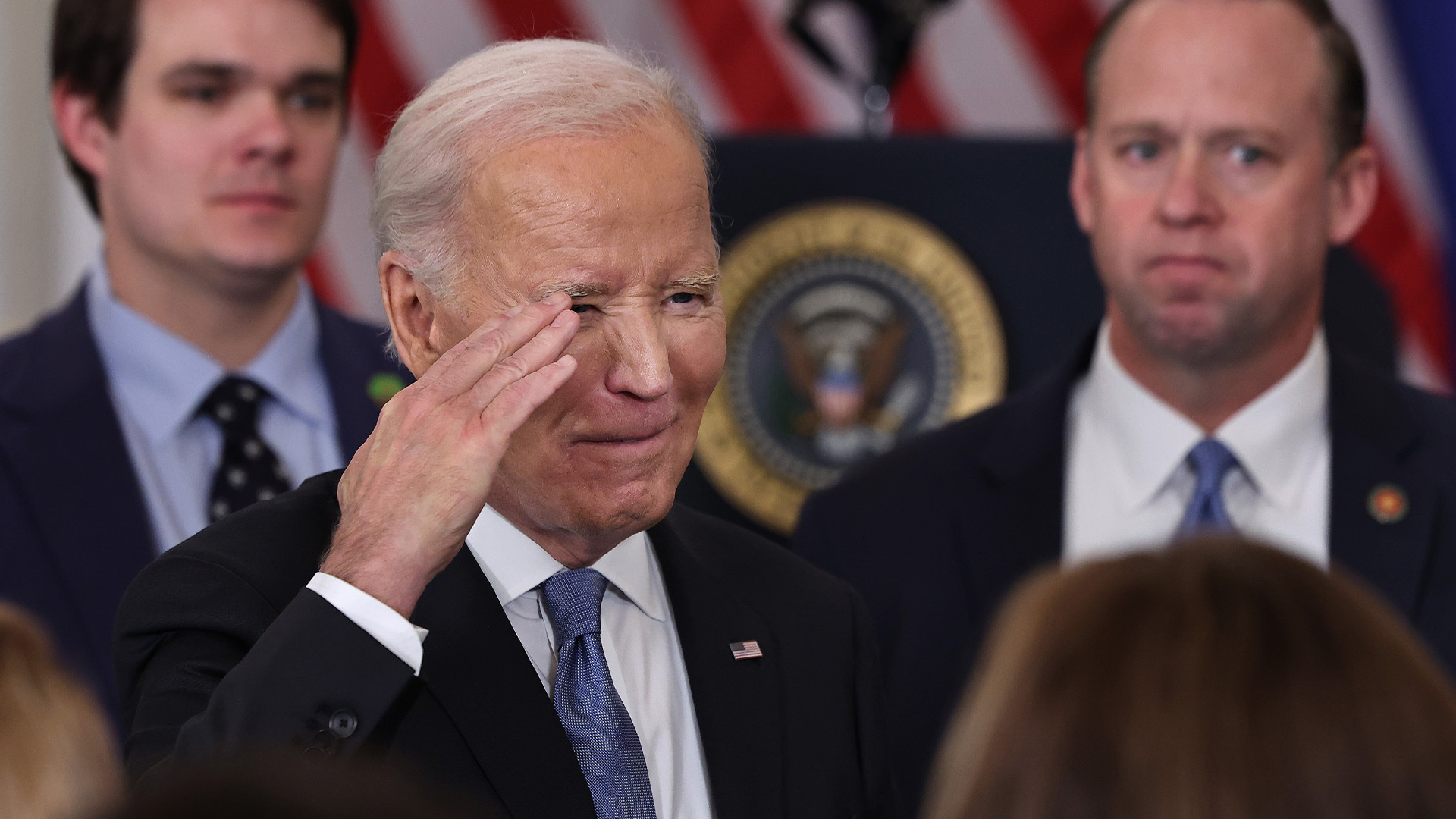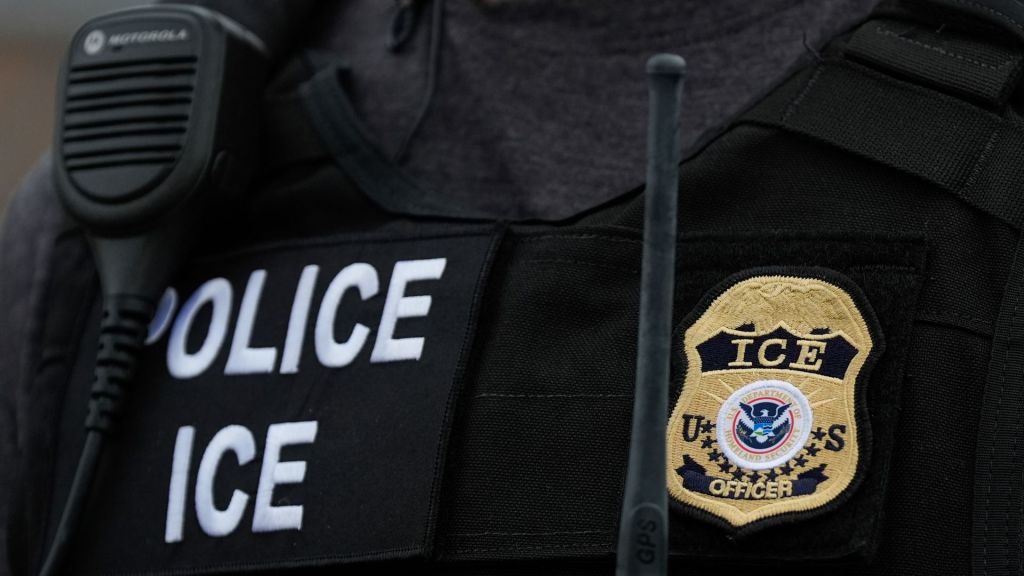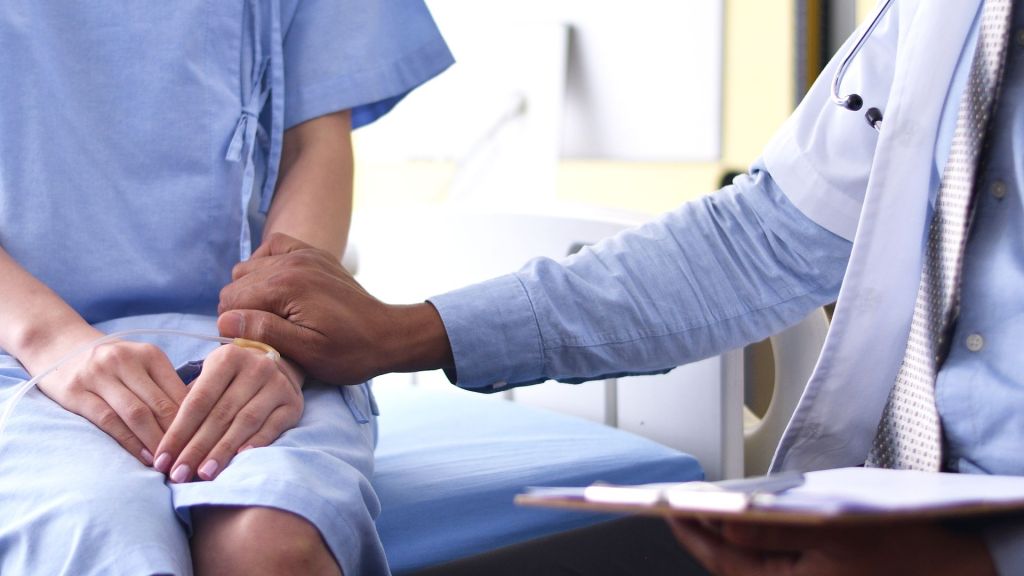
LAUREN TAYLOR: With less than a week left in office, President Joe Biden is making some final foreign policy moves. His latest actions addressing the U.S. ‘s relationship with two adversaries: Cuba and China.
Biden will drop Cuba from the U.S. list of state sponsors of terrorism and reverse some of the actions then-President Donald Trump took in tightening U.S. policies toward Cuba.
In return, Cuba will release dozens of political prisoners before Biden leaves office, according to senior Biden administration officials speaking anonymously.
In total, Cuba says it will release 553 people as part of the deal brokered between the U.S. and Cuba by the Catholic Church.
President-elect Trump will have the power to reverse the declaration. His pick for Secretary of State Marco Rubio is the son of Cuban immigrants who fled before the current ruling communist government took power in 1959. Rubio has called for more sanctions against Cuba.
Biden also sent Congress notice asking them to approve agreements with three Asia-Pacific countries: Thailand, Palau and the Marshall Islands.
All three deals could help the U.S. build alliances in a region where China has worked to assert control.
The deal with Thailand is a 30-year nuclear cooperation agreement to share unclassified nuclear equipment to help Thailand produce energy,
And the deals with Palau and the Marshall Islands are free association agreements, where the U.S. provides the countries with services like disaster relief and postal services in exchange for the U.S. having a military presence in the countries.
The incoming Trump administration has not signaled major opposition to these deals, with the former president working to rein in China’s global influence during his first term.
For Straight Arrow News, I’m Lauren Taylor.
And for all the latest updates on this and other top stories, download the Straight Arrow News app or visit SAN.com.











